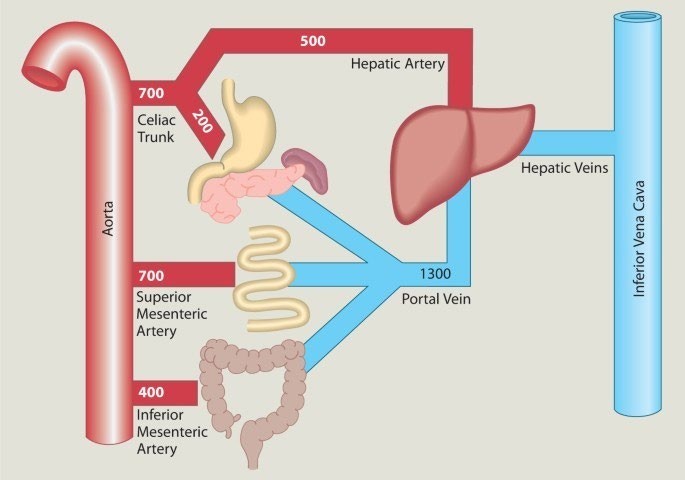Which statement made by the nurse explains the rationale for the use of donepezil for clients diagnosed with Alzheimer's dementia?
Donepezil increases the availability of acetylcholine at cholinergic synapses.
Donepezil decreases acetylcholine in the periphery to increase movement.
Donepezil delays transmission of acetylcholine at the neuronal junction.
Donepezil works to bind the dopamine at neuron receptor sites to increase ability.
The Correct Answer is A
Donepezil is a medication used to treat Alzheimer's dementia. Its main mechanism of action is the inhibition of the acetylcholinesterase enzyme in the brain ¹. This increases the availability of acetylcholine at cholinergic synapses ⁵, which can improve cognition and function in clients with Alzheimer's dementia ¹.
Option B is incorrect because donepezil does not decrease acetylcholine in the periphery to increase movement.
Option C is incorrect because donepezil does not delay the transmission of acetylcholine at the neuronal junction.
Option D is incorrect because donepezil does not bind dopamine at neuron receptor sites to increase ability.

Nursing Test Bank
Naxlex Comprehensive Predictor Exams
Related Questions
Correct Answer is A
Explanation
Anaphylaxis is a severe and potentially life-threatening allergic reaction that can occur when the body's immune system overreacts to a substance, such as a medication. It is a medical emergency that requires immediate treatment.
Options b, c, and d are not correct because they do not accurately describe the term for a life-threatening response by the body's immune system following the administration of a medication.
Option B refers to the desired effect of a medication, which is not related to anaphylaxis.
Option C refers to a teratogenic effect, which is an effect that can cause harm to a developing fetus.
Option D refers to a paradoxical effect, which is an effect that is opposite to what would be expected.

Correct Answer is A
Explanation
Reduced hepatic blood flow can decrease the metabolism and excretion of many drugs, requiring that doses of some drugs be decreased ². This can increase the risk of medication toxicity in older adults.
Option B is not correct because reduced body fat is not a physiological change associated with aging.
Option C is not correct because the glomerular filtration rate decreases with age ².
Option D is not correct because gastric motility decreases with age ².

Whether you are a student looking to ace your exams or a practicing nurse seeking to enhance your expertise , our nursing education contents will empower you with the confidence and competence to make a difference in the lives of patients and become a respected leader in the healthcare field.
Visit Naxlex, invest in your future and unlock endless possibilities with our unparalleled nursing education contents today
Report Wrong Answer on the Current Question
Do you disagree with the answer? If yes, what is your expected answer? Explain.
Kindly be descriptive with the issue you are facing.
